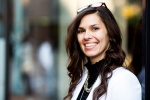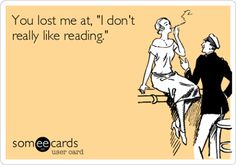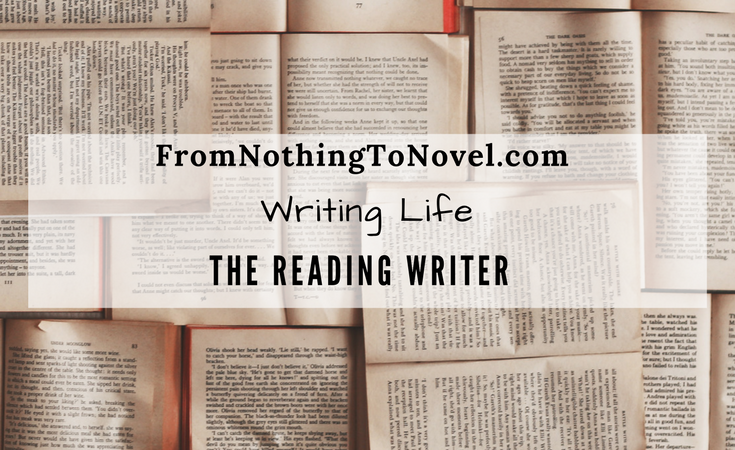
As long as I can remember, I have loved words. Writing them, reading them, crying over them. Words have been a formative part of my identity.
One of my earliest memories is of crisp, white flashcards with bold red block letters on them, spelling words like “ball” or “dog” or—more difficult—“apple.” I can still see my mother’s fingers shifting deliberately through them, before flipping one out to face me. I loved the game of learning to read.
And I loved the game of learning to write. I felt pride and joy when I first learned to shape out the letters of my name on a piece of blank paper. The letters filled space on the page as I filled space in the world.
These are the things I remember: letters and words, reading and writing.
Since those earliest memories, my life has been joyfully full of words. I have been both reader and writer. I have been a high school student jotting down angsty poem after angsty poem. I have been an undergraduate attempting to write a sestina, a form I had learned about in my literature course, for an assignment in my creative writing class.
Reading and creative writing have always been natural companions for me. And yet, when I began to think about graduate school years (and years and years) ago, I realized I would have to choose one or the other. I would have to pursue a Master’s of Fine Arts or a Master’s in English Literature. Torn, I asked a favorite professor what to do.
“Study literature,” he said. “You can always write creatively on the side.”
So, armed with these words, I trashed my MFA applications and dedicated myself to becoming a literary scholar.
Yet it never quite felt right to me, this severing of myself, this excision of the creative writer from the critical reader.
I had been told I could become a professional reader, and the implication was that I could not then become a professional creative writer. That role belonged to those carefree (or so they seemed to me) graduate students who had taken the route I had abandoned.
Now, as I move away from a career as a scholar and toward one as a creative writer and freelance editor, I still feel oppressed by that false division. I hesitate to tell friends with creative writing degrees that I’m writing a novel, that I’ve written another novel that I’m revising, and that I want to work with creative writers to help them find the right words to tell their stories. I imagine them thinking: you’re a reader, not a writer.
But I can do both!
In fact, I am a better writer because I’ve been a reader for the last eight years.
I’ve seen what kind of narrative techniques make me care about a story and its characters.
I’ve seen the pitfalls authors can fall into with first person narratives.
I’ve read theory on novel forms and narrative techniques.
I’ve studied how the novel has developed from Don Quixote to Toni Morrison.
I should not feel conflicted about the time I spent reading and observing, and neither should other writers. We should not feel as if we are abandoning our writerly selves in order to become readers. The two skills—writing and reading—are necessary parts of the same trade. As complex human beings, we can, as Walt Whitman wrote, “con tain multitudes.” We shouldn’t have to sacrifice one identity for another. We do not give up being daughters and sons when we become husbands and wives or boyfriends and girlfriends.
tain multitudes.” We shouldn’t have to sacrifice one identity for another. We do not give up being daughters and sons when we become husbands and wives or boyfriends and girlfriends.
In fact, we should write similarly complex and layered characters that help us faithfully comment on the world that we want to change through words.
So, writers, read! And in doing so, become stronger at your trade. Practice in life that human complexity that will make your characters unforgettable.

[…] I revealed in my previous post, I’m as much a reader as I am a writer. But I am other things too: teacher, businesswoman, […]
LikeLike
[…] on October 4, 2016 seem like ages ago. And yet, Whitney hasn’t changed at all from being a Reading Writer, arguing that “writing and reading are necessary parts of the same trade.” Nor has […]
LikeLike
[…] up the content we wanted to offer our readers. In our very first week, Whitney declared herself a Reading Writer, while Julie reflected on the Possibilities that writing creates for herself and […]
LikeLike